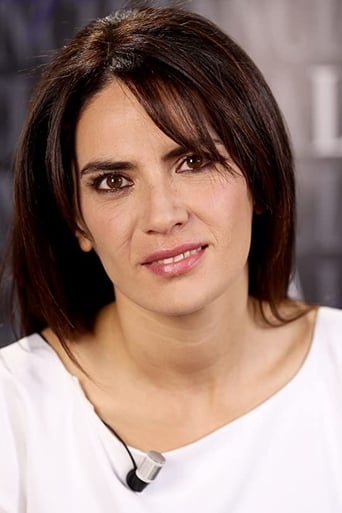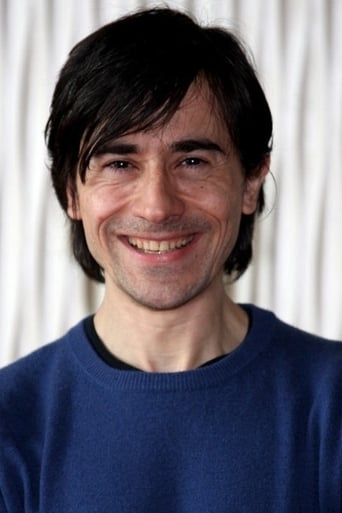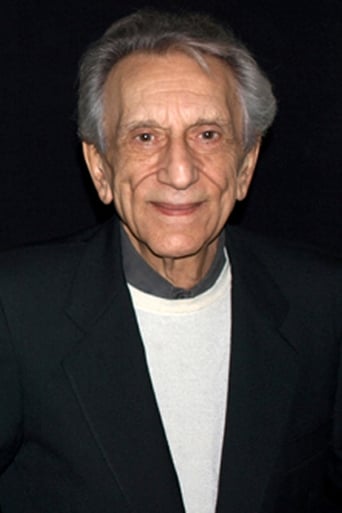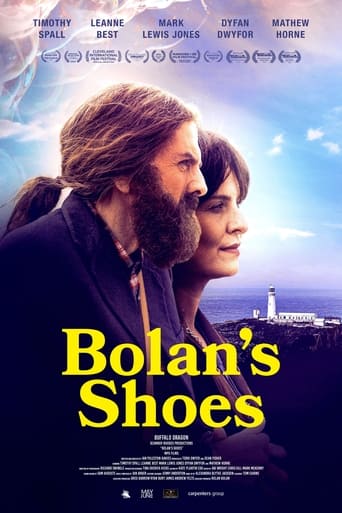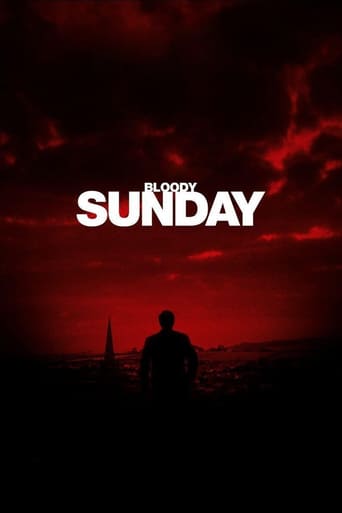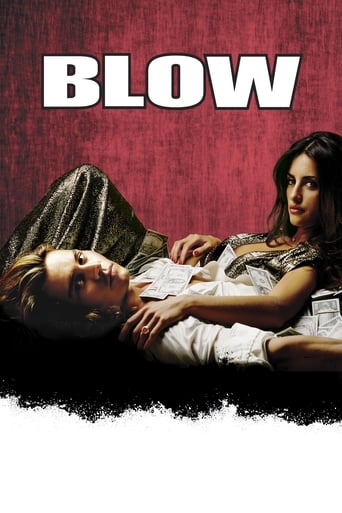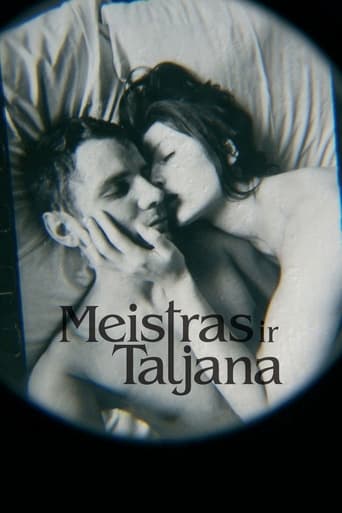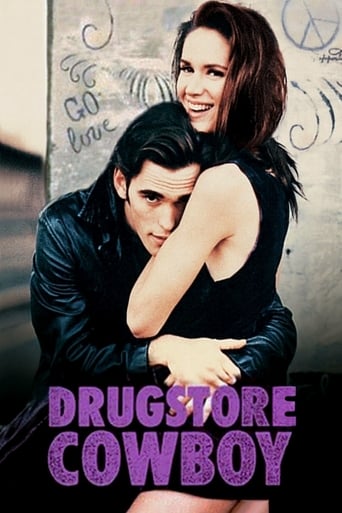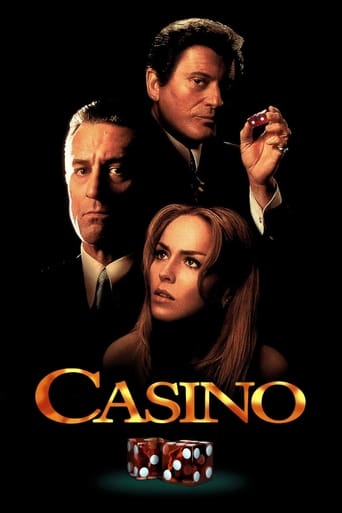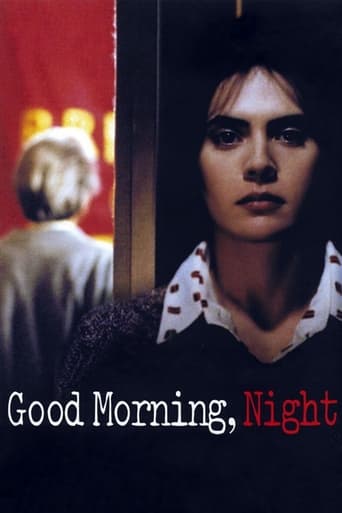
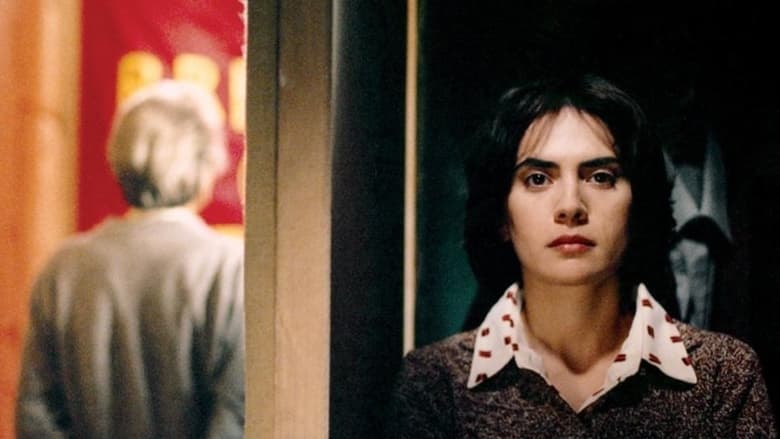
Good Morning, Night (2005)
The 1978 kidnapping and murder of Aldo Moro, president of the most important political party in Italy at the time, Democrazia Cristiana, as seen from the perspective of one of his assailants -- a conflicted young woman in the ranks of the Red Brigade.
Watch Trailer
Cast


Similar titles
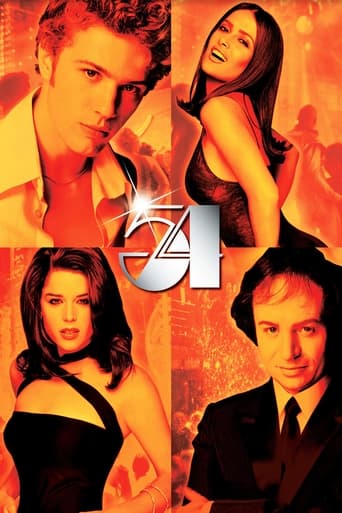
Reviews
(Note: Over 500 of my movie reviews are now available in my book "Cut to the Chaise Lounge or I Can't Believe I Swallowed the Remote!" Get it at Amazon.)Not to be flippant, but the Christian Democrats outshine the Red Brigade by quite a bit in this political dramatization of the kidnapping and murder of Italy's former prime minister in 1978. Highlight of the movie is the performance by Maya Sansa as Chiara, one of the kidnappers. She is a red because of what happened to her father at the hands of the government. Consequently Chiara is an emotional communist, not an ideological one; and so the up close and personal kidnapping, "trial," and eventual murder of the gentle and truly Christian Aldo Moro (played with strength and grace by Roberto Herlitzka) began to wear on her spirit, making her question what she is a part of--not, however, enough for her to do anything about it except in her dreams.The reason the Christians outshine the communists here (and elsewhere by the way) is that the communist ideology requires murders in the name of ideology whereas Christianity does not condone murder for any reason, although some Christians seem unaware of that. The movie includes the communist rationale for the murder, which Chiara, with tears in her eyes, cannot accept even though she hates the bourgeois who have run Italy since World War II. Incidentally the mini speech that one of the kidnappers gives to Chiara to justify the murder sounded a bit like something one might hear from Al Qaeda.Maya Sansa is brilliant and her countenance captured my eyes, but I question whether she was the right person to play this role. Although strong and charismatic, she seems anything but the rabid revolutionary.Director Marco Bellocchio's use of fantasy scenes was effective in that it highlighted the torn and nearly (nearly!) impossible desire of Chiara to free Moro. However the unlikely device of a co-worker at the library writing a screenplay called "Good Morning, Night" which depicts the events of the movie and the fictionalized kidnapping seemed a bit much. That he could divine these events just by knowing Chiara, as though channeling her, seemed almost mawkish in the face of the historical reality. But Bellocchio and Anna Laura Braghetti, who wrote the novel from which the movie was adapted, were perhaps inspired by an actual seance attended by some government officials who used a psychic medium in an effort to locate the kidnapper's hideout.Clearly a plus was to see Christian values triumph over communist ones, and to see in retrospect a triumph for the good over the not so good. Moro died, but he died a hero and a respected man. His killers were disgraced and given (by American standards anyway) relatively lenient sentences, perhaps because they were so young. This is in keeping with the forgiveness that is at the heart of Christianity, allowing the Italian people to maintain the moral high road over what was then called the Red Menace.But I have to be honest. I would have found this movie almost boring were it not for the presence of Maya Sansa. Bellocchio wisely focused the camera on her as often as possible. Her emotional experience, as revealed by her features and her voice, went a long way toward carrying the movie.
Marco Bellocchio takes a lot of chances in his films, examining human behavior in the face of dissension whether political, moral, or emotional. In 'Buongiorno, notte' ('Good Morning, Night') he studies the infamous 1978 kidnapping of Aldo Moro in what would be a situation that would raise as many questions as it gave answers - and it is that quality that Bellocchio has captured in his film.The facts of the Italian political current in 1978 may not be understood by the general viewer, but suffice it to say that the ruling political party Democrazia Cristiana was challenged by the Red Brigade, the underground terrorists who kidnapped and killed President Aldo Moro in a coups that was eventually destroyed by the reigning powers. That much of a plot is all that is necessary to know. The bulk of the film revolves around the lives of the kidnappers, especially the sole woman Chiara (Maya Sansa) who with her compatriots hid the President in a tiny room with the threat of death, but also were influenced by the writings and conversations with Moro. The whole question of revolution is under close inspection. The story mixes documentary shots with the cinematography in a tasteful way of showing us the elements of the kidnapping and the aftermath. It is the reaction of Chiara to these events and the questioning that can disrupt the political leanings of revolutionaries that makes this story so very meaningful.The cast is superb: Maya Sansa, Pier Giorgio Bellocchio, Giovanni Calcagno, Luigi Lo Cascio and Paolo Briguglia as the kidnappers, and Roberto Herlitzka as Aldo Moro are convincing and human. The script does have holes in it where formation of ideas and acts and incidents are vague, but it almost seems as though that is the intention of Bellocchio. In political upheaval nothing is black and white if the events are related through individual's eyes rather that through the reaction of the mobs. And this is what makes the film so fine, if a bit hard to follow.
Based on a novel, the film describes the situation of Aldo Moro during his captivity. There is more than a meticulous realistic point of view given in this film : it tries to figure thoughts and attitudes of the kidnappers, members of brigate rosse. It explores the contradictions of hidden activists who are desperately trying to justify violent actions by the salvation of proletariat and rise of a social justice. They are seen in their loneliness, especially on the affective, emotional side. The psycho-rigidity of their mind is patent, not only in the sententious talks to their prisoner, in a certain desperate naivety to seek echos of their action in public opinion throughout medias, but also in the way they rule relationships. It's not politically that Moro's character strongly opposes to his kidnappers' characters, but rather in the way he's emotionnaly tied to his family (although being a prisonner, he can write letters), while the others seem alienated facing their own families (Mariano pretends to have cut any link to his son, Chiara tries to avoid familial phone calls and meetings, another member is mad about being away of his girl and suffers to be away from her mind and point of view when he sees her). Together, those members don't look like a family of a new kind. Maybe is it the main limit of Bellochio's movie, not to explore the way such an internal and autistic logical builds inside radical groups. But the movie spots a clearly defined place and time, focusing exclusively on elements linked to Moro's detention in a casual apartment (the gunfight of the kidnapping and then the death of the prisonner are seen indirectly throughout television). The strength of the movie is to develop a symbolic aspect with the character of Chiara's colleague (of her cover work) who defends imagination against the brutality of autocratic arbitrary. Almost fantastically, this character seems to guess Chiara's situation, writing a fiction about the events (like the movie we're effectively seeing as spectators) and modifying her feelings : when she realizes how any execution is horrible and unfair (reminding executions of italian partisani of WWII), it's too late and there is no other escape than in her own imagination (dream-like scene that the film also shows us). I believe it's a good and clever way to introduce us into such a historical event (maybe still wounding italian society), imagination. I also like the aspects and details of the movie that describe the importance of christianity in the conscience of the italians (even marxists ones, subconsciously) and critizises the sacrificial consensus into a falsely ineluctable execution but real murder.
I've read the other comments on this board and I would like to precise that Aldo Moro at the time was not the Italian President and that obviously the Red Brigades were out for his blood because he was working skilfully at a compromise between the Christian Democrats and the Communists and that meant for the extremists of the left to be cut out from any kind of power or hold they might have on the Government. The film itself does not seek to give political answers and is much more concerned with the human aspects of the drama. It's more lyrical than realistic... if you're looking for action or for a docudrama, you should probably go elsewhere.


